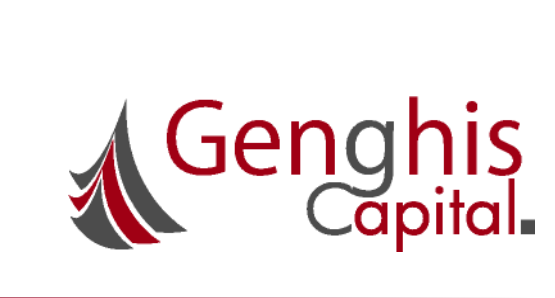Kfir Rusin, managing director East Africa Property Investment (EAPI) Summit says that Kenya will set the agenda for the region’s real estate sector. “Kenya is once again at the top of investors’ and developers’ lists of attractive investment destinations. We’re hearing a lot of positive news from our stakeholders and we expect some eye-catching announcements at EAPI in April,” Rusin stated.
According to Rusin, the resuscitation of the property sector will be driven by President Kenyatta’s multi-trillion shilling affordable homes programme, a hopeful review of the interest rate cap, and a return to political certainty following the conclusion of last year’s election cycle which spooked developers, investors, and home buyers. The projected gross domestic product (GDP) growth rate of 5.8 percent by the World Bank in January certainly increases investor confidence and appetite in the market.
“We’ve hosted our event for four years in Nairobi, and our stakeholders, which are Africa’s biggest names in development and investment, are energised by these fundamentals, and also the state’s proactive approach in driving the sector forward is fuelling appetite,” he said.
Rusin’s optimism is supported by Broll Property Group’s research team’s recent briefing to EAPI organiser’s, API Events, on the region. “East Africa continues to remain attractive due to increasing urbanisation and consumerism, private equity investment, the maturing state of the market, as well as ongoing infrastructure improvements,” he added.
Over the past several years, East Africa’s property markets, Kenya in particular, have become a lightning rod for investment as both local and foreign investors have looked to diversify their investments across multiple market segments such as retail, industrial, housing, and office space. According to the Kenyan National Bureau of Statistics, the market pummeled in 2017 due to political uncertainty resulting in a six-year low with numerous investors and developers employing a ‘wait and see’ approach. Consequently, this led to an 18.4 percent reduction in approved new buildings compared to 2016.
“From a retail perspective, the demise of Nakumatt shook the market; however, the big box retail space remains healthy with numerous international retailers such as Carrefour, Shoprite and Massmart increasing their investment […],” the research team, Broll Property Group said.
Leonard Michau, Head of sub-Saharan African Operations at Broll Property Group believes there is an ongoing commitment to the region by various real estate investors and developers. “The commitment of international retailers to the region, for example, points to the ongoing vitality of the retail sector,” Michau said. “In addition, Broll Kenya’s research department indicates in excess of 300,000m² of retail space is under construction in Kenya. With more large retailers now in the market going for more realistic space requirements, mixed-use schemes will be able to offer very attractive convenience options and tenant mixes.”
Michau also noted that a number of high profile office projects are due to be completed in 2018. The confidence shown by various developers point to a realistic assessment of Kenya’s growing regional hub status, he asserted. “This will require the development of further ‘International Grade A’ office projects able to cater efficiently to the needs of the multinational corporations likely to establish or expand their operations here.”
As overall market sentiment continues to improve, Rusin is confident that the real estate sector will recover its lustre in Kenya, which will translate to its regional partners. “We’re already seeing the signs of a rebounding market with the inception of multi-billion Kenyan shilling funds targeting mixed-use developments, as well as global equity firms investing in developers in Kenya. While Ethiopia and Tanzania’s economies continue to thrive, we still see greater value from a real estate perspective in Kenya’s more diversified and established economy,” he said.




